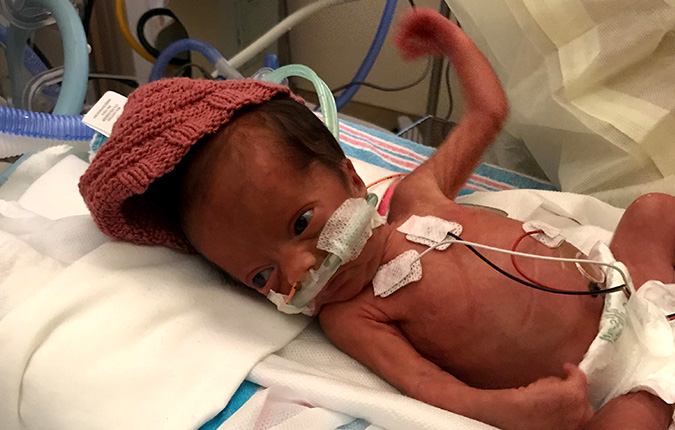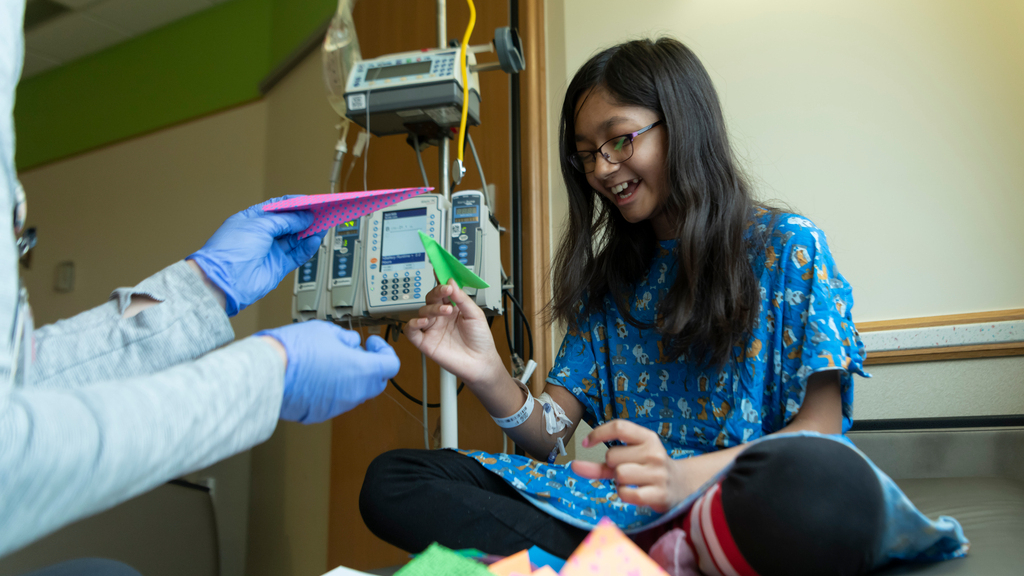Condition
Infectious Mononucleosis (Mono) in Teens and Young Adults
Key Points About Mono in Teens and Young Adults
- Infectious mononucleosis (mono) is often caused by the Epstein-Barr virus (EBV). It may also be caused by cytomegalovirus (CMV).
- Mono is most often spread by contact with infected spit (saliva).
- Symptoms of mono can take between 4 to 6 weeks to appear. They can last for weeks or months. The most common symptoms of mono include fever, headache, extreme tiredness, swollen lymph glands and sore throat.
- The spleen may enlarge because of the virus. It’s then at risk of rupture if your child is injured or in an accident.
- Both EBV and CMV stay in a person's cells for life, even after the symptoms of the virus are gone. The virus can become active again, but it usually doesn't cause symptoms.
Frequently Asked Questions
What is infectious mononucleosis in teens and young adults?
What causes mono in a teen or young adult?
What are the symptoms of mono in a teen or young adult?
How is mono diagnosed in a teen or young adult?
How is mono treated in a teen or young adult?
What are possible complications of mono in a teen or young adult?
When should I call my teen’s or young adult’s healthcare provider?

Infectious Diseases Treatment at Children's National Hospital
Our Division of Infectious Diseases is the major referral center for infectious diseases in the Washington, D.C., area, helping thousands of young patients each year with contagious conditions. Discover more about the treatments we offer.

Providers Who Treat Infectious Mononucleosis (Mono)
 Aasha's Rare Gift Will Help Other Babies Grow up Healthy
Aasha's Rare Gift Will Help Other Babies Grow up HealthyTesting the descrption field
Departments that Treat Infectious Mononucleosis (Mono)

Infectious Diseases
Our Division of Infectious Diseases is the major referral center for infectious diseases in the Washington, D.C., area, helping thousands of patients each year, and actively promoting prevention through community outreach and education.






